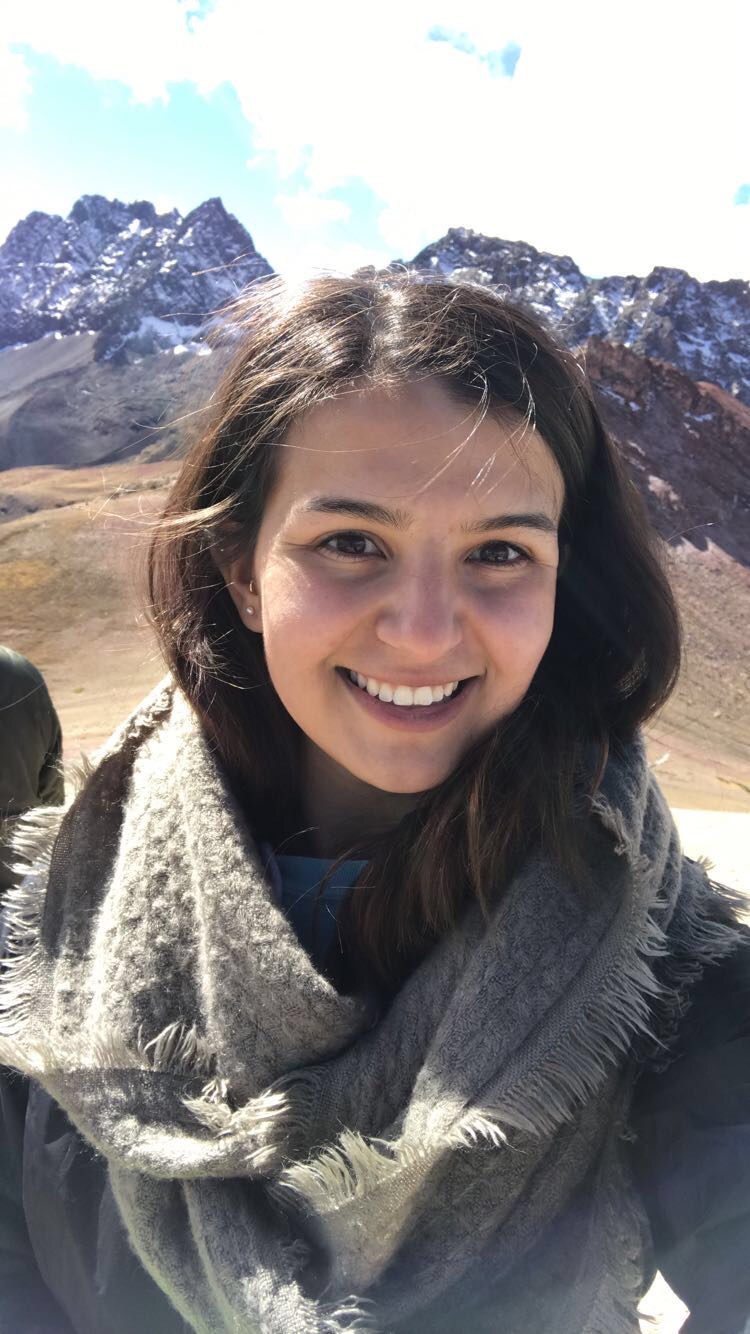Celebration of Scholars
How Student Affairs Professionals of Higher Education Can Support Their Students with Disabilities

Major: Spanish
Hometown: Burr Ridge, IL
Faculty Sponsor: Jun Wang
Other Sponsors:
Type of research: Independent research
Abstract
As all people were once students, it is known that no one student is the same as the next. Students’ uniqueness varies in their backgrounds, abilities, and the way they learn. Professionals in the education field should be thoughtful and compassionate of differences and recognize the importance of their role in the academic success of their students. A student population that has been often over-looked, especially in higher education, are those students who have physical, mental, and learning disabilities. As these differences in abilities are sometimes invisible or opposite, put on display, these students require some unique support in order for them to feel accepted, supported, and capable of success.
First literature research was conducted to identify important practices implemented by student affairs professionals in higher education such as academic advisors. A couple of research studies reported effective practices that could increase retention, student satisfaction, and success of students with disabilities throughout their academic and personal lives (Anderson, Motto, & Bordeaux, 2014; Aune, 2000; Hilton & Ray, 2015; Kuh, 2009; Reis & Colbert, 2004; Ryser & Alden, 2005). Interviews with Carthage College staff were also then conducted to identify effective practices implemented by those staff and examine whether those practices align with the practices from current literature. The findings indicate that practices focusing on the deep consideration of the emotional and social needs of students with disabilities, the importance of affirmation, the encouragement of student engagement, and the development of their autonomy and proactiveness are crucial in helping them graduate from their higher education institutions.
Submit date: April 22, 2020, 8:55 p.m.
